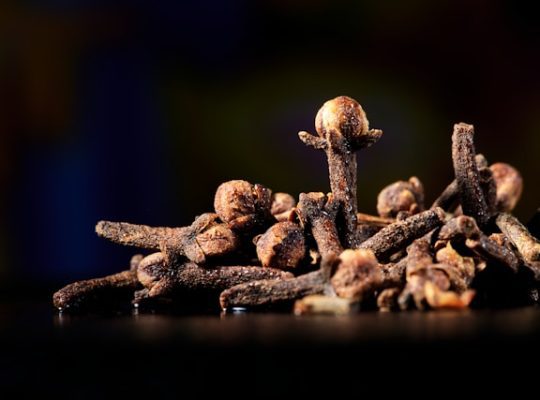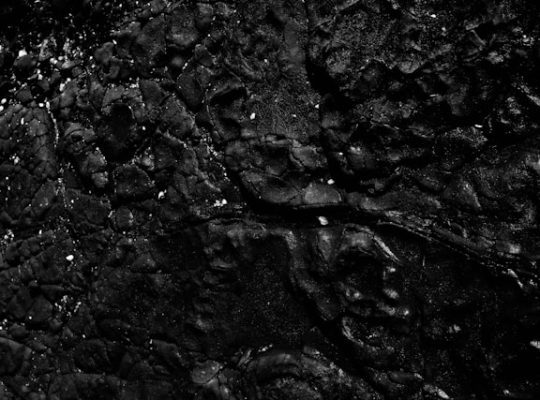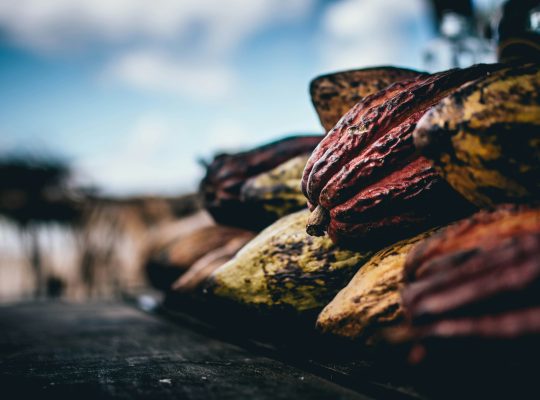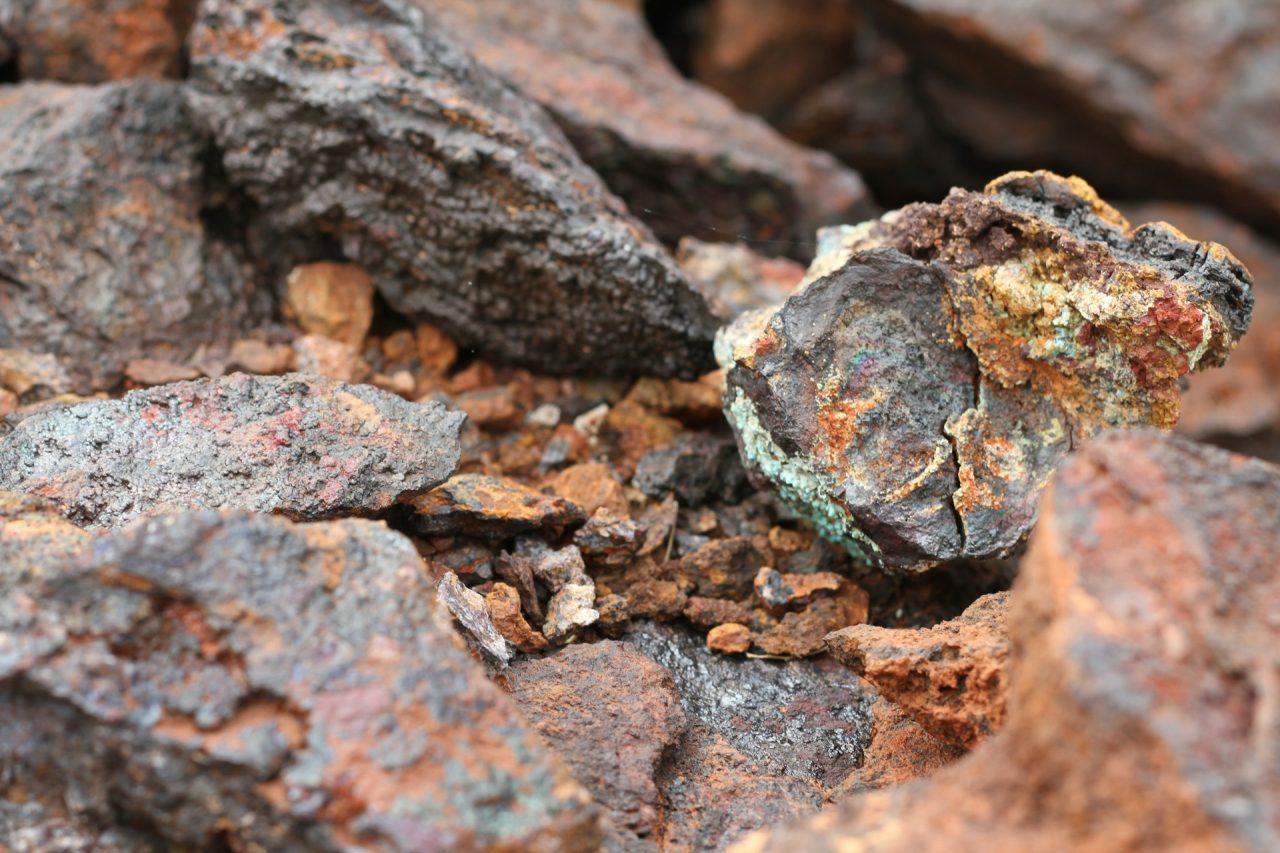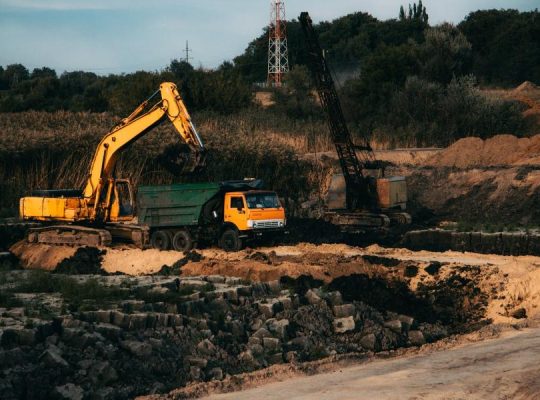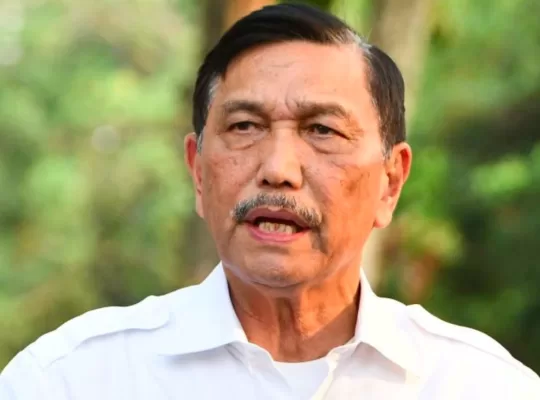Jakarta, Indonesia – The German government has shown a growing interest in Indonesia’s nickel resources, as highlighted in a recent meeting between German Vice Chancellor Robert Habeck and Indonesia’s Coordinating Minister for Economic Affairs, Airlangga Hartarto. The meeting, which took place on May 6, 2024, revealed Germany’s inquiries about the potential for exporting raw nickel from Indonesia.
This development came to light following posts on the official Instagram account of the Coordinating Ministry for Economic Affairs on May 8, detailing the discussions. When Tempo reached out for comments, Irwandy Arif, the Minister of Energy and Mineral Resources’ Special Staff for Mineral Governance Acceleration, reinforced Indonesia’s dedication to its nickel processing policy. He stated, “The government is sticking to the rules which mandate in-country processing and refinement of mining goods.”
Since January 1, 2020, Indonesia has implemented a ban on exporting raw nickel, in line with Ministerial Regulation No. 11 of 2019. This regulation is part of Indonesia’s broader strategy to enhance the value of its nickel by requiring it to be processed into higher-value products such as Nickel Pig Iron or Ferronickel before export. Similar restrictions have been placed on other resources, like bauxite ore, which is used to make aluminum products.
The decision to halt raw nickel exports has not gone unnoticed internationally, especially in Europe. The European Union (EU), having taken issue with Indonesia’s policy, lodged a complaint with the World Trade Organization (WTO) in early 2021. Following a ruling against Indonesia by the WTO in October 2022, the country has chosen to appeal the decision.
Meanwhile, efforts to strike a balance and keep communication open with the EU are underway, according to Irwandy. “We’re in talks with the EU to find a mutually beneficial resolution, although it’s still a work in progress,” he explained.
To counteract illegal exports, the Indonesian government is ramping up measures, including digitalization, formalization, and law enforcement, but faces challenges in implementation.
Fahmy Radhi, an economic energy analyst from Gadjah Mada University, highlighted Europe’s ongoing endeavors to secure access to raw nickel. He pointed out that the government’s stance could potentially lead to European countries restricting cooperation or the import of certain Indonesian goods.
In the midst of these international trade dynamics, Indonesia’s stance reflects its ambition to add value to its commodities on home soil, aiming for a greater share of the benefits from its natural resources.




